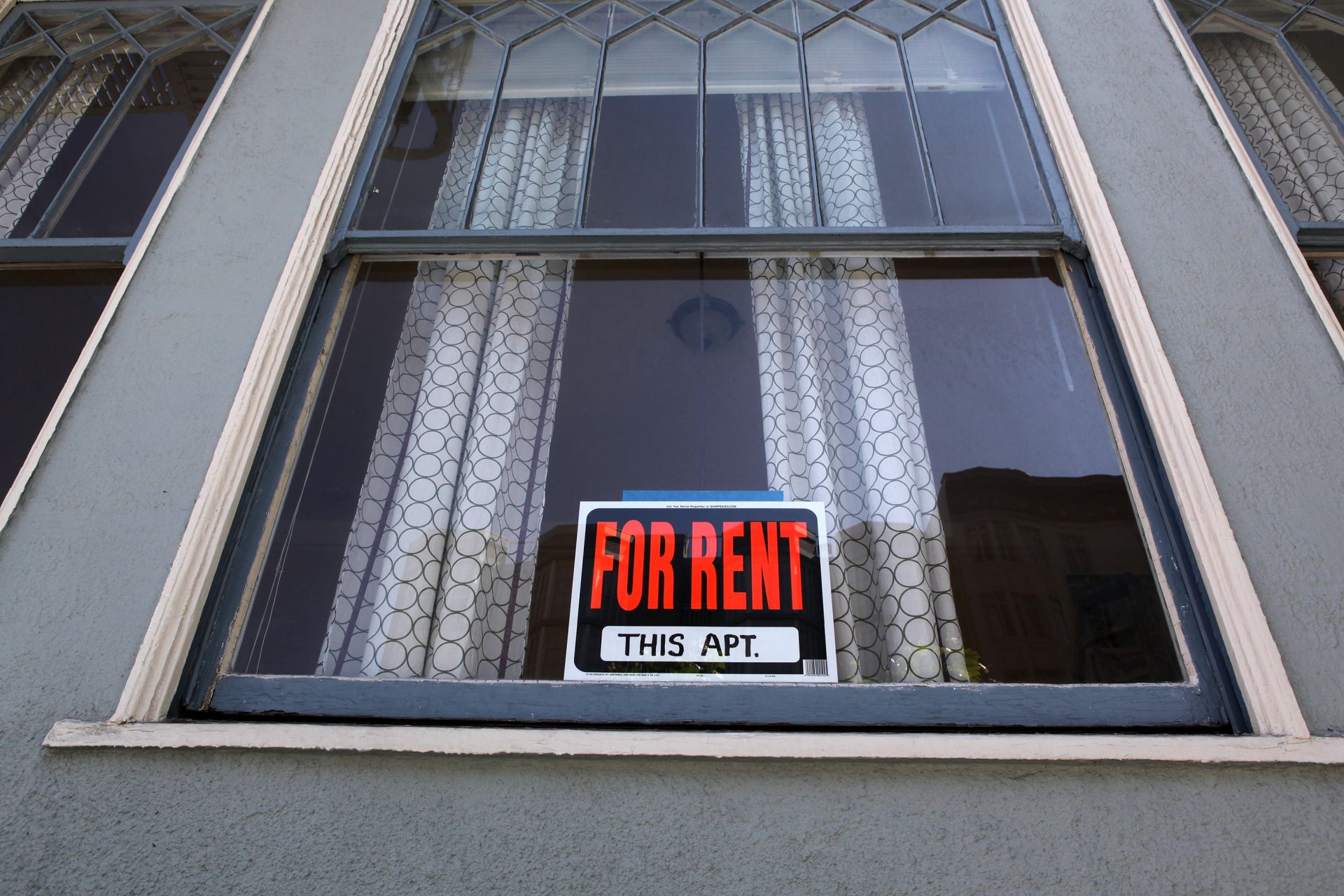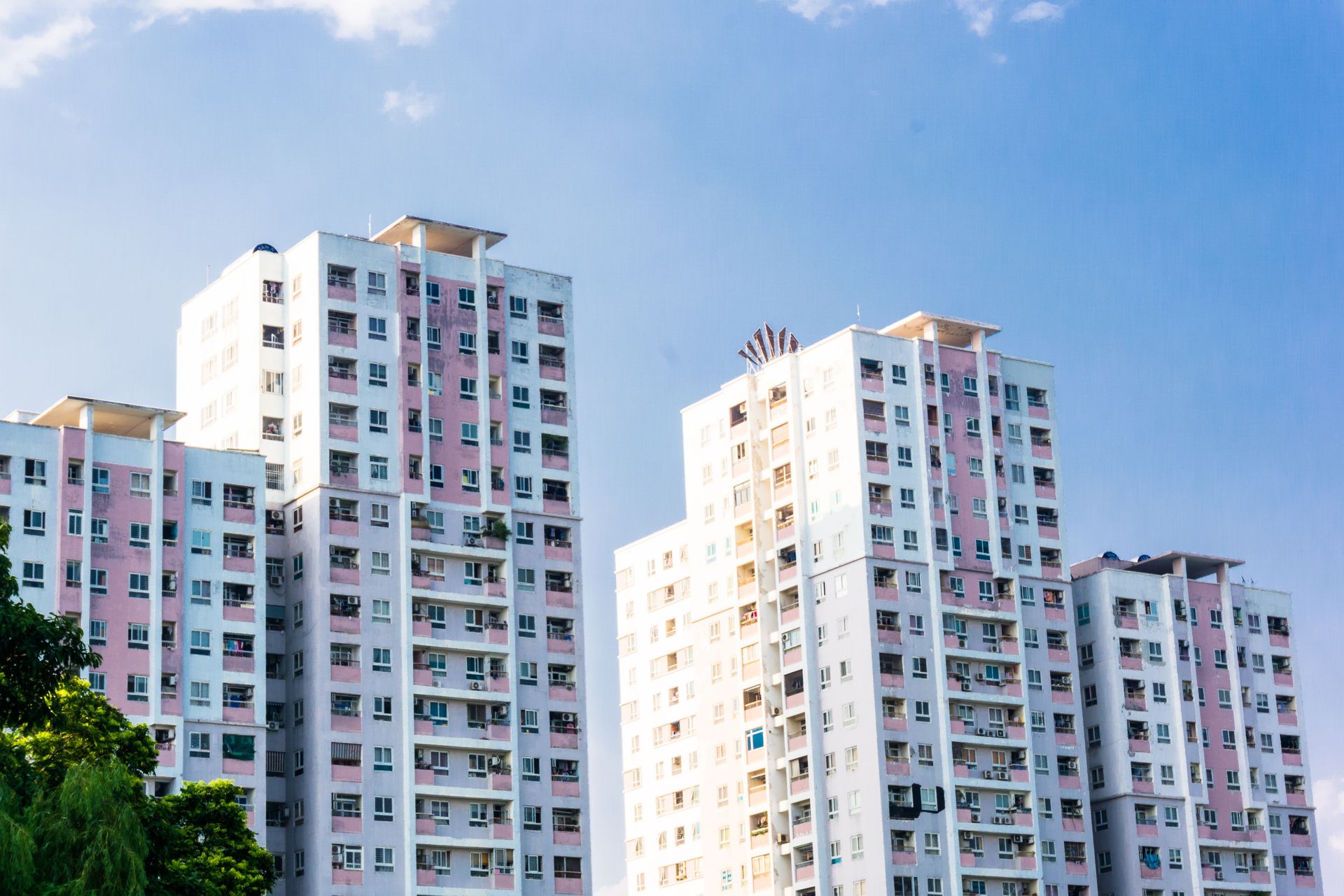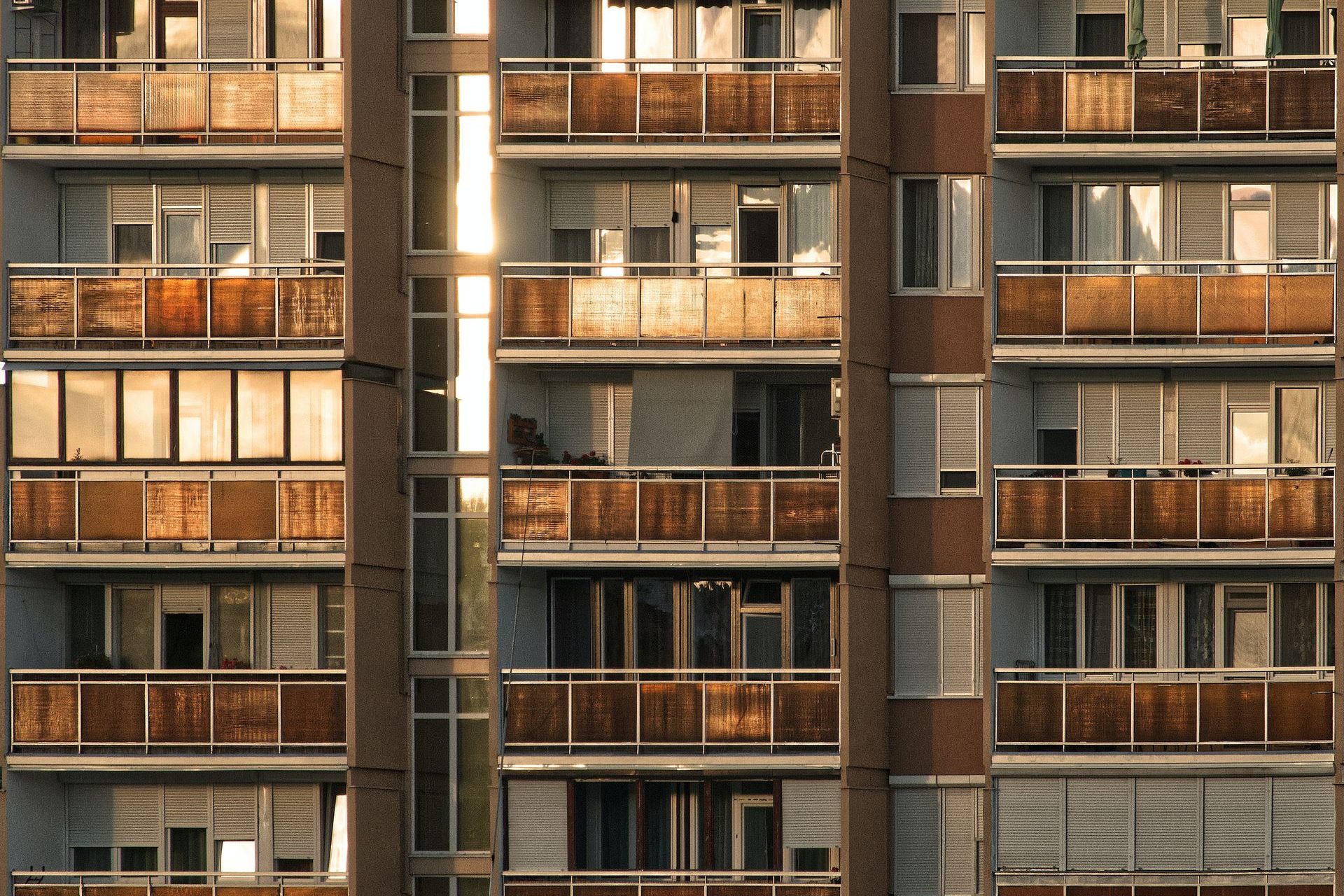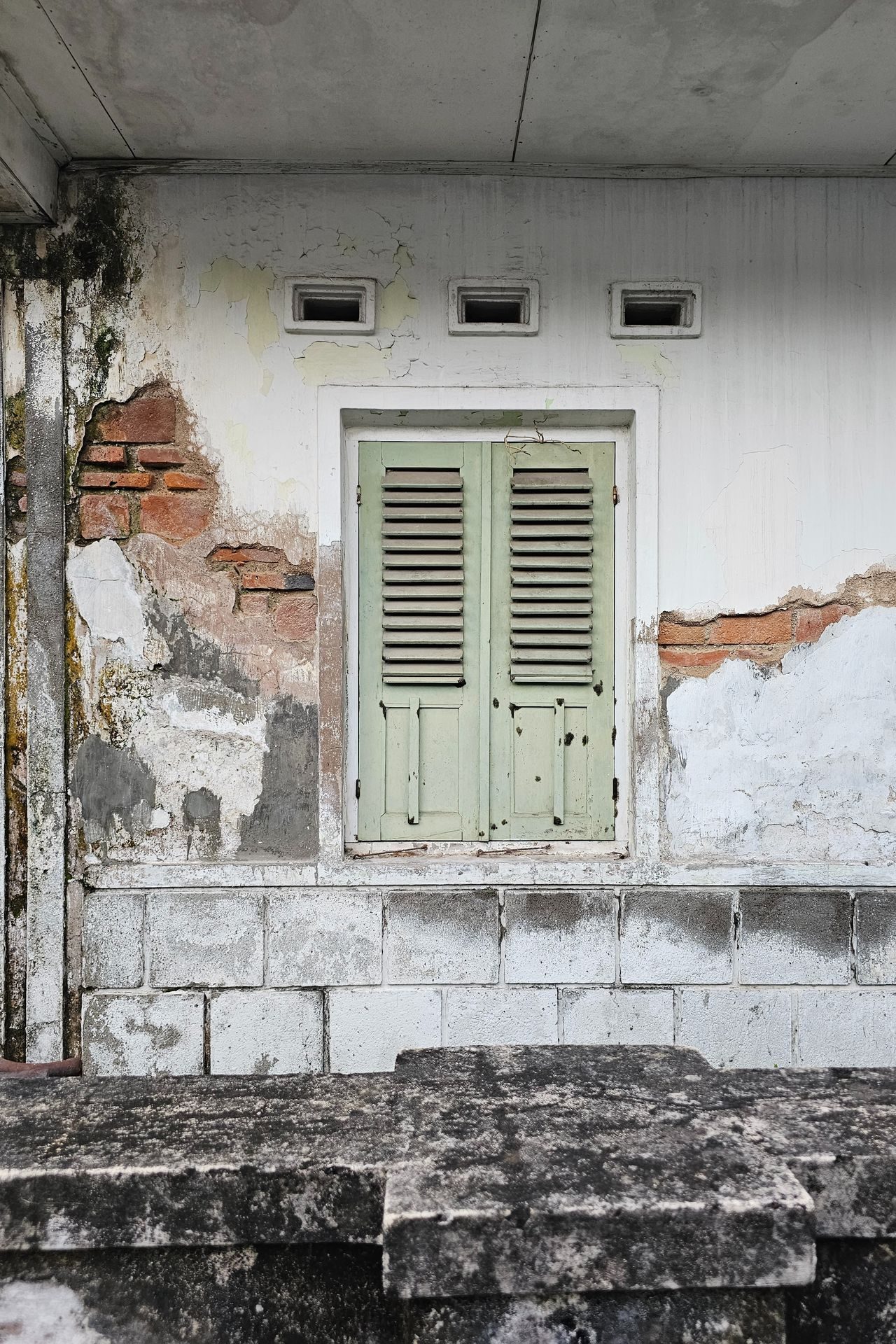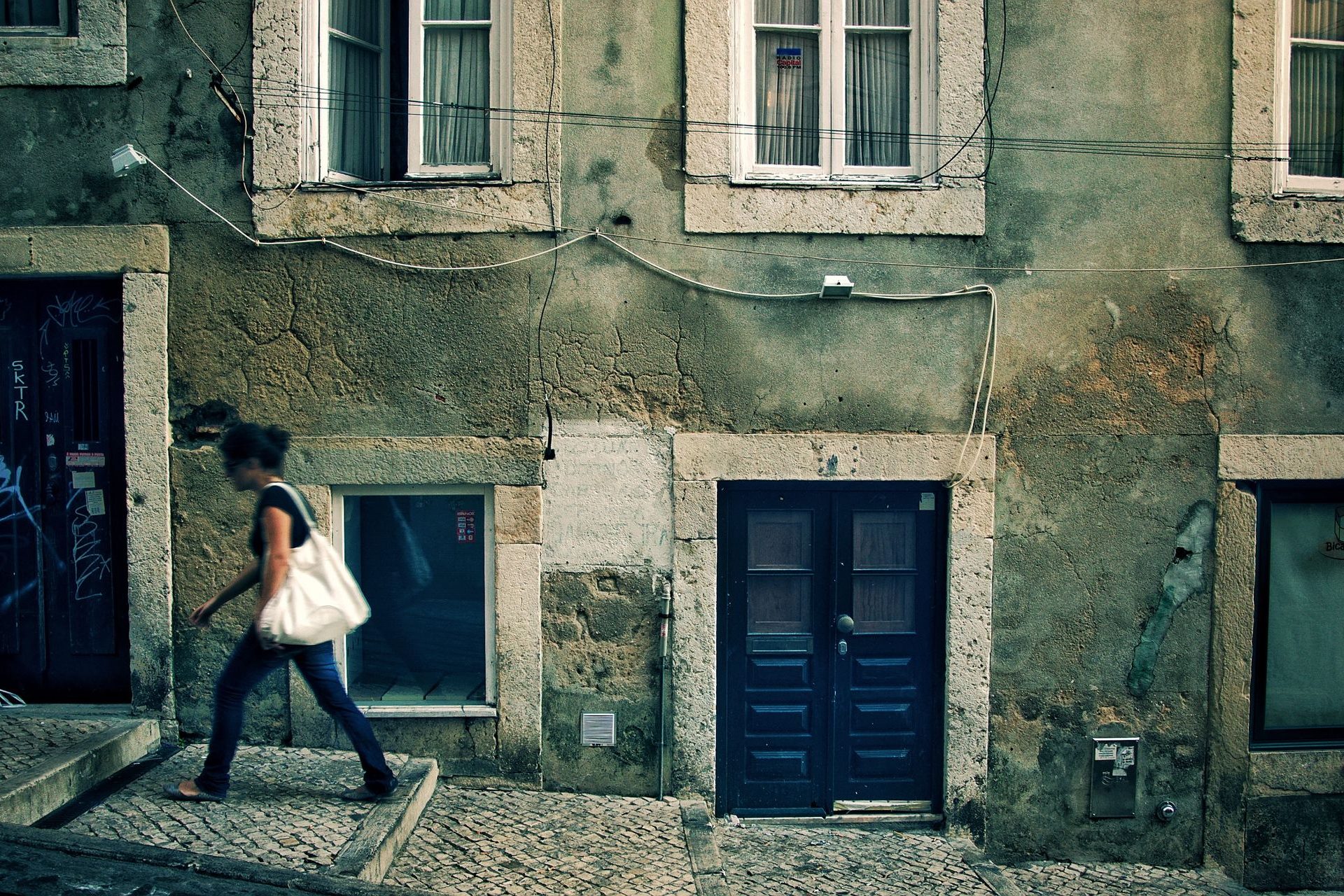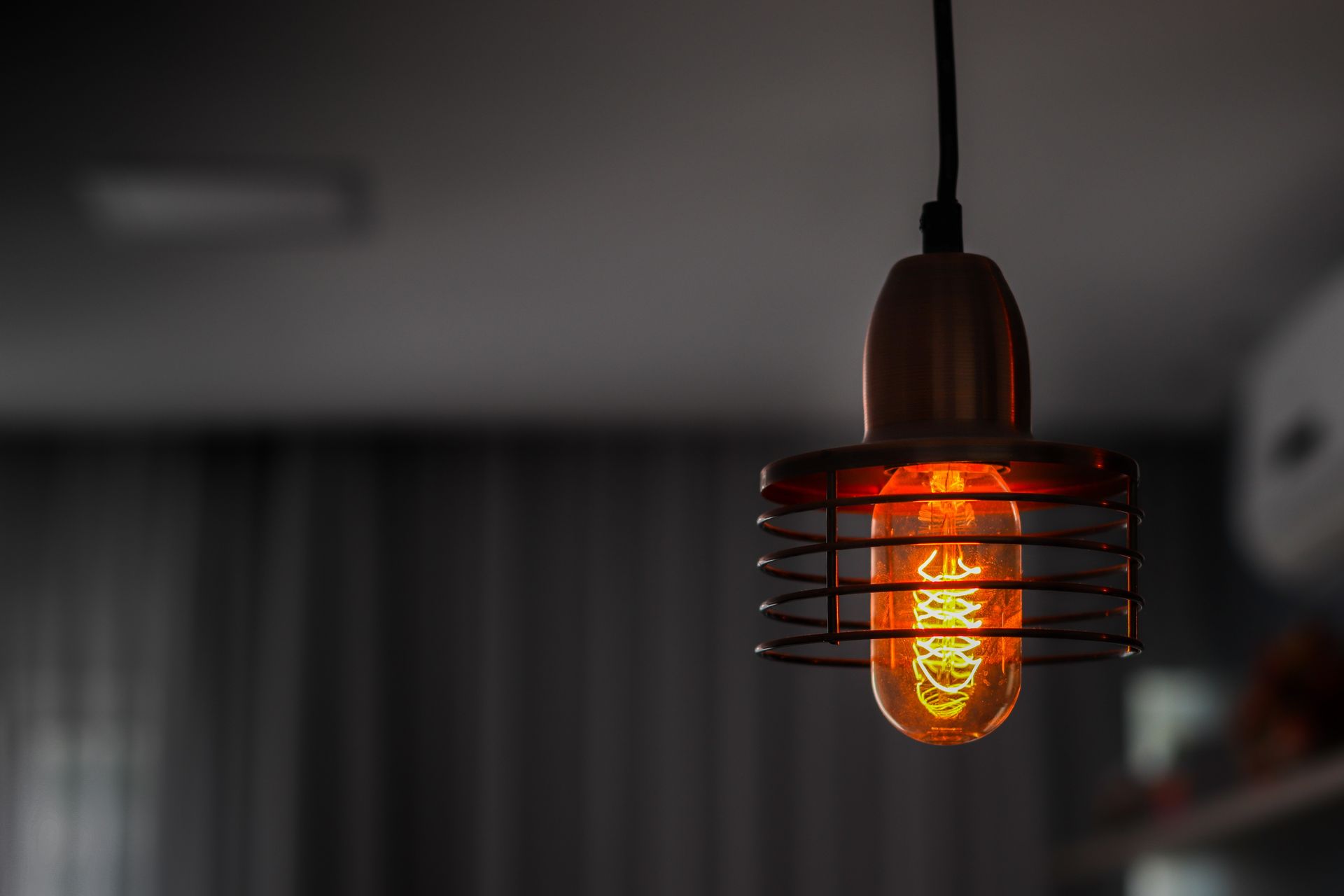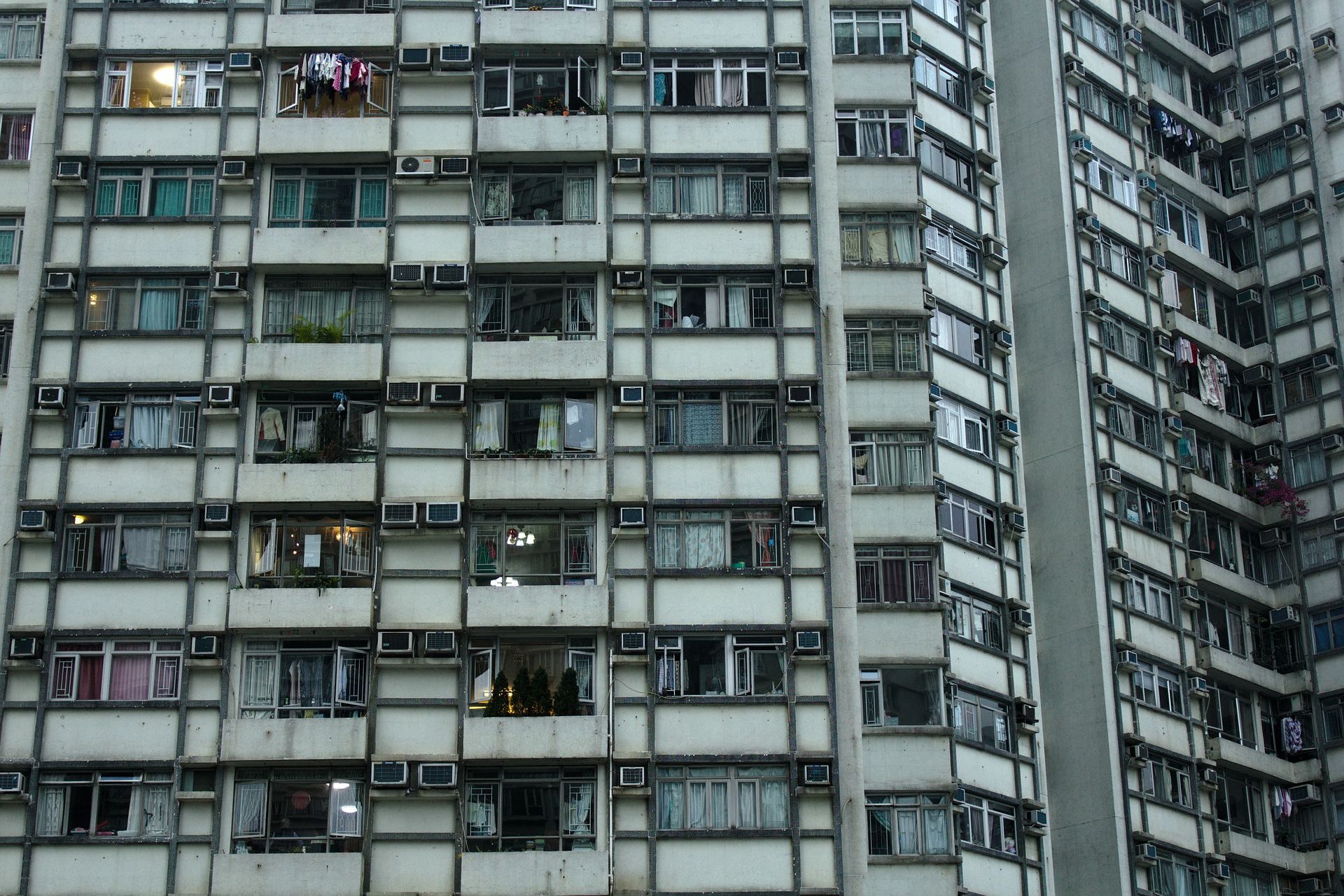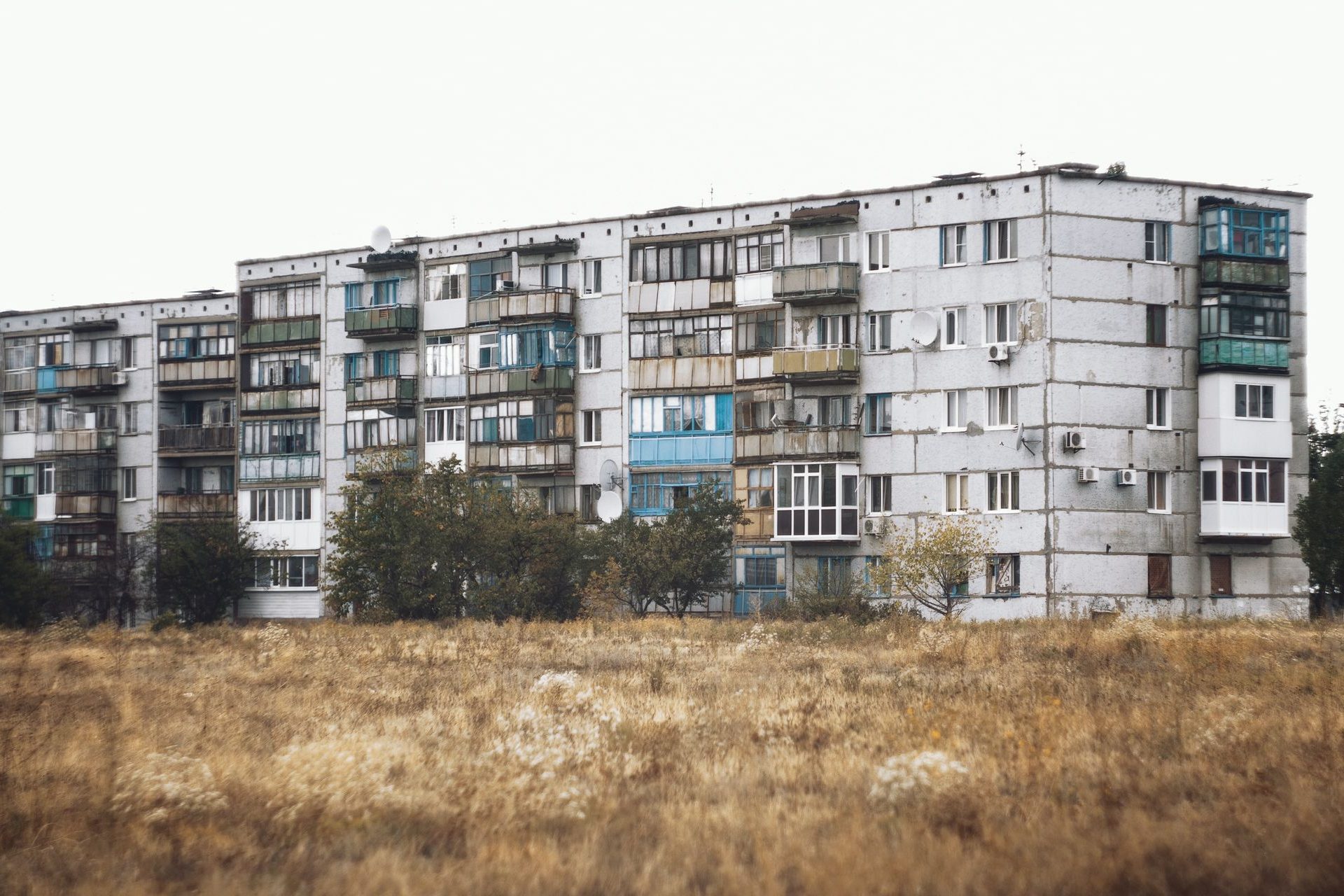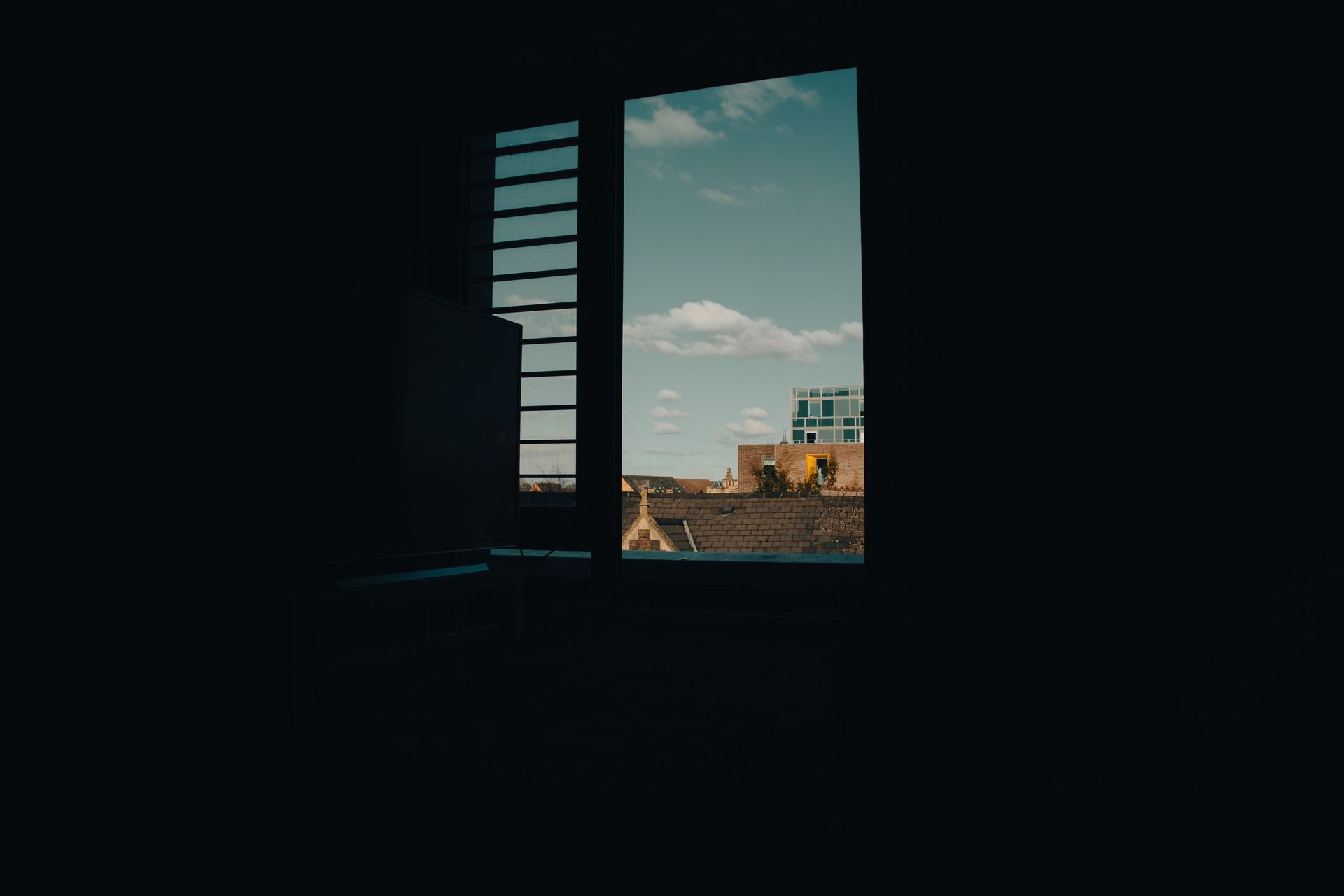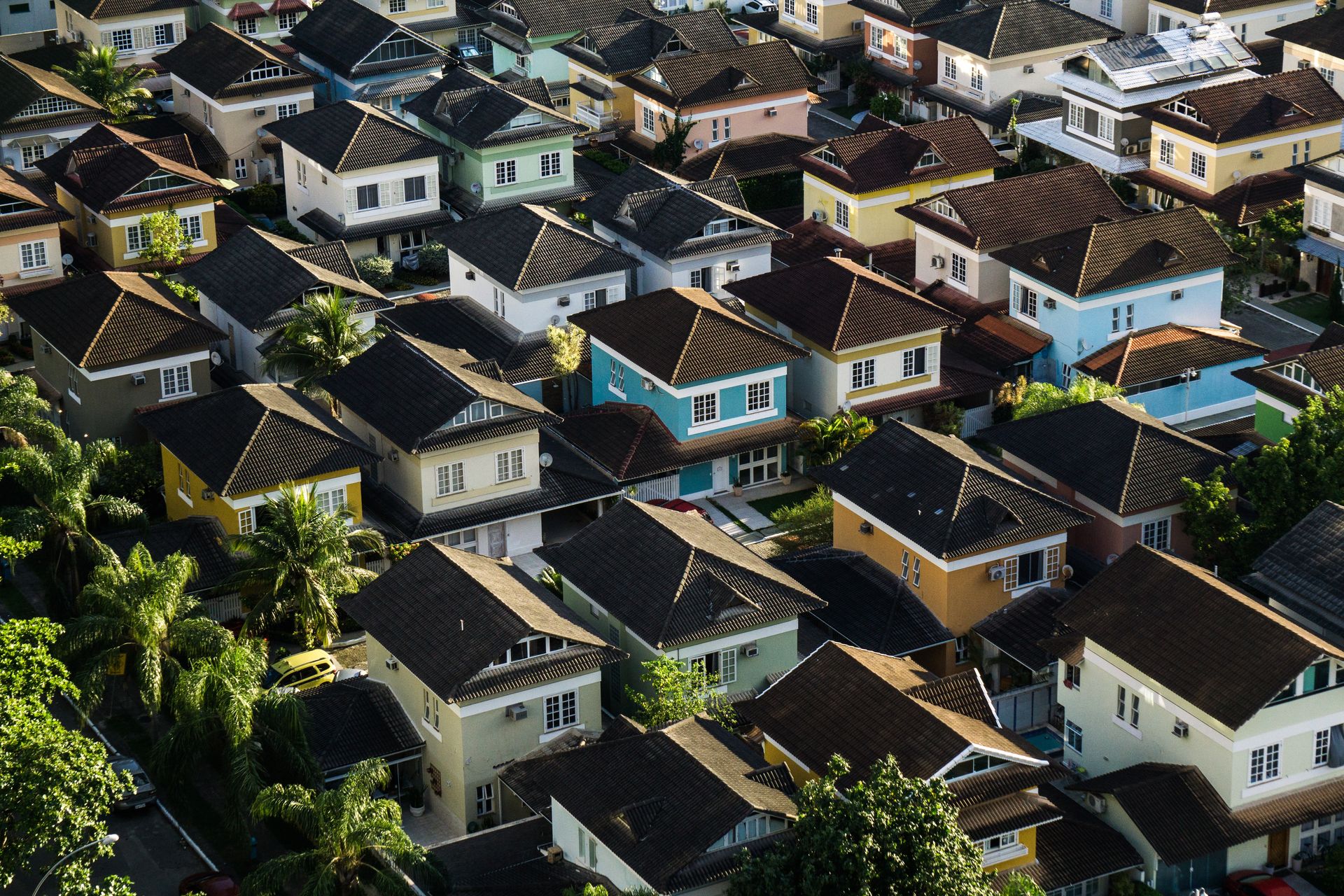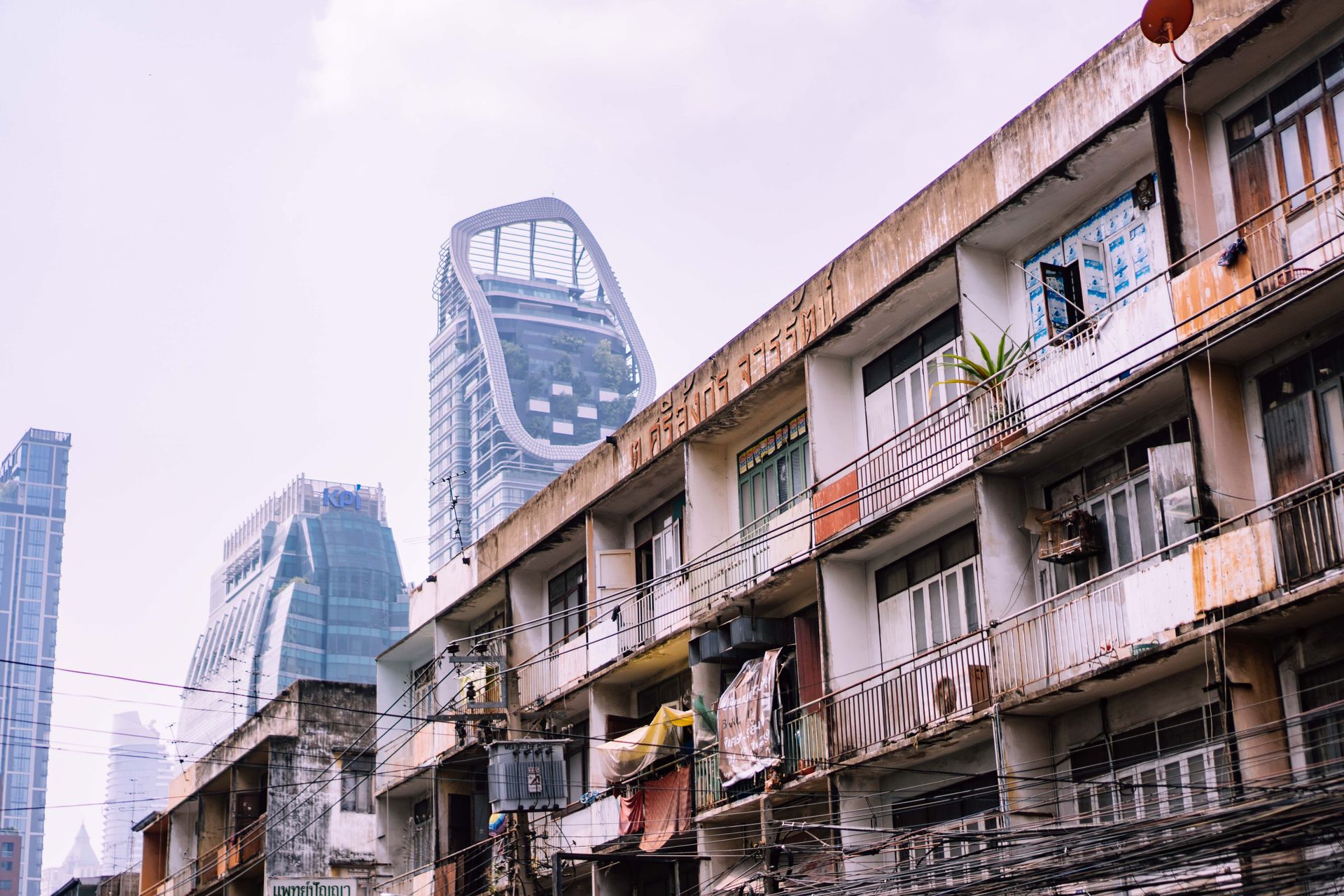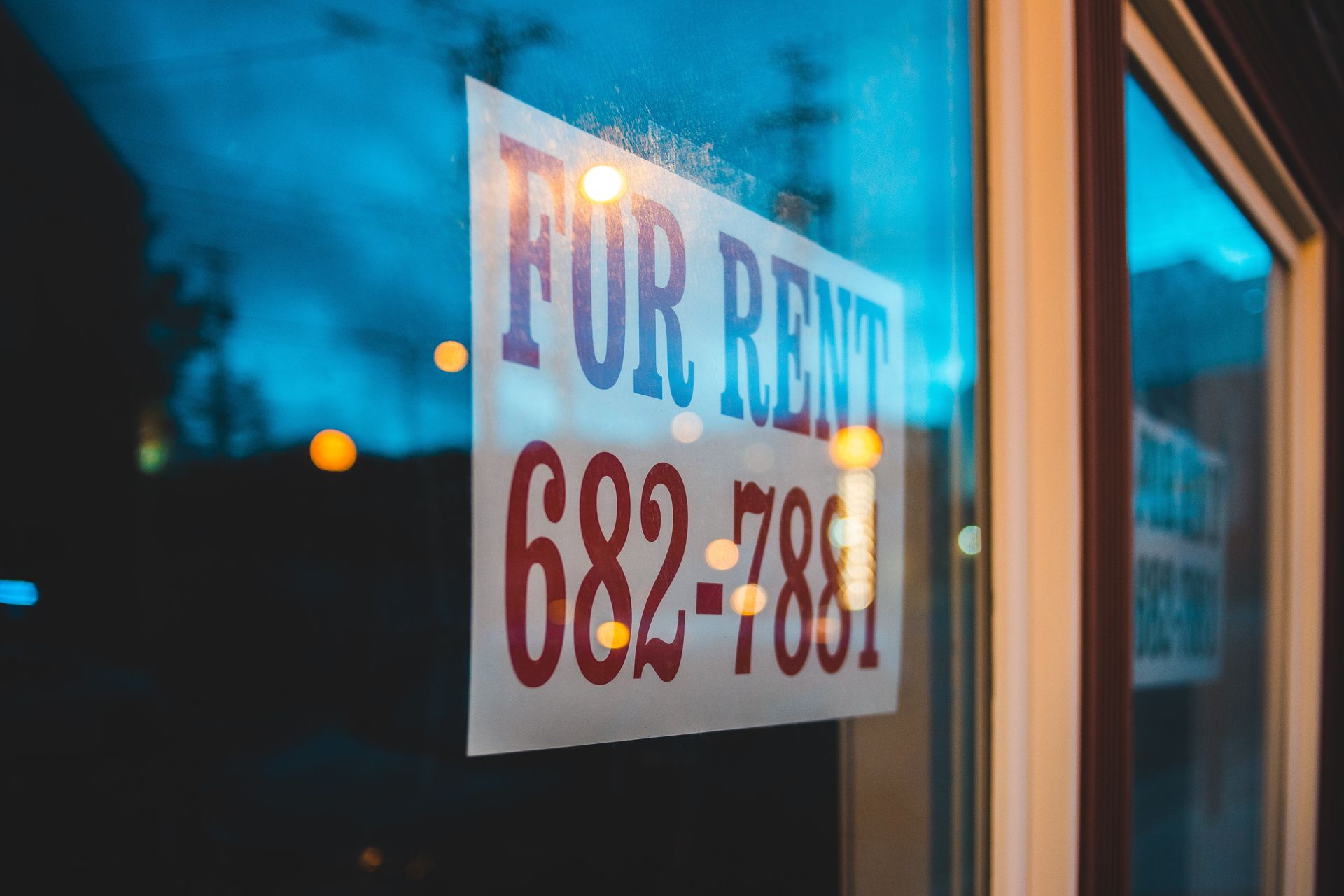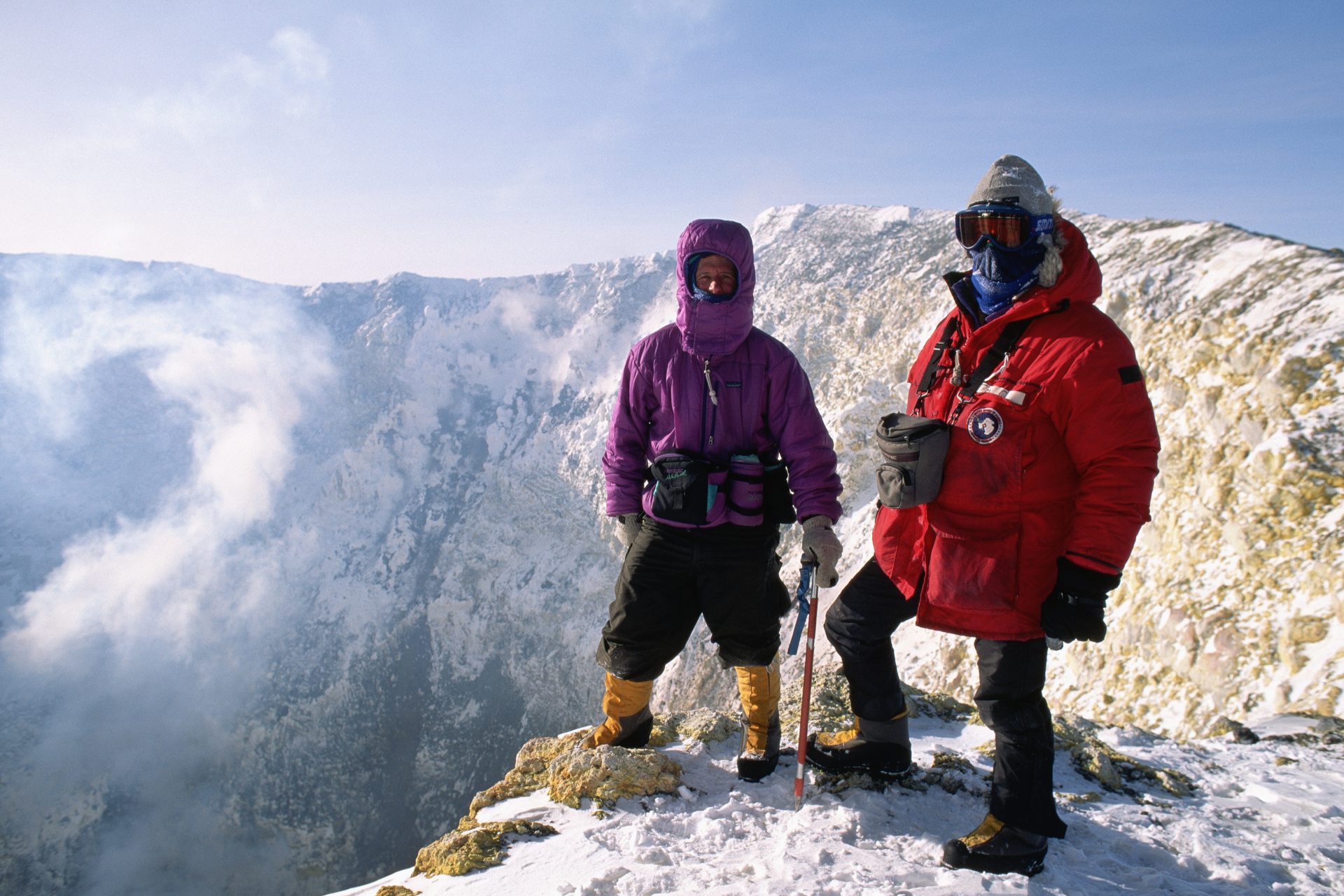Why renters have poorer health and age faster
Do renters age faster and suffer from poorer health than those that own their home? It might sound like an odd idea, but science indicates that renting is bad for your health.
According to a study carried out on 1,420 British households, published recently in the 'Journal of Epidemiology and Community Health', renting will make you age faster and your health will suffer because of it.
@Bench Accouting / Unsplash
The survey concludes that renting can harm your health by causing cumulative damage to the body's tissues and cells. The question is of course, why does this happen?
@Leohoho/Unsplash
Compared to owners, tenants suffer from more rapid biological aging. Quoted by 'The Guardian', the authors of the study said that housing conditions have a strong effect on the general health of renters.
In fact, as the article highlights, renters who live in poor conditions age twice as fast as those who live with obesity.
@Mihaly Koles / Unsplash
The first explanation for this phenomenon is the dilapidation of many homes: humidity or dilapidation of the home can have a very significant impact on physical health, particularly because of the presence of mold.
@Lovely N / Unsplash
This is a situation caused by non-compliance with standards. According to a survey cited by 'The Guardian', 23% of privately rented homes in the United Kingdom did not meet national standards for decent housing in 2021, compared to 10% of social housing and 13% of self-occupied home owners.
@jötâkå / Unsplash
Another risk factor for health: fuel poverty which pushes many households to deprive themselves of energy, particularly heating. A situation that is not going to improve with the current energy crisis.
@thiago japyassu / Unsplash
In countries where tenants can be evicted easily and without cause, anxiety about tomorrow can also contribute to accelerating the ageing process of those who rent.
@Uday Mittal / Unsplash
This factor seems to be confirmed by the study, the results of which are very different among tenants of social housing, for whom the risk of eviction is much lower.
@Chromatograph/Unsplash
A factor in aging, poor housing is also a source of mortality. According to WHO Europe, 130,000 deaths each year are linked to inadequate housing conditions across the continent.
@Alexander Trukhin / Unsplash
Public Health France notes that “the effects of poor quality housing and over-occupancy on mental health, anxiety, depression and aggressiveness have been scientifically demonstrated."
@Callum Blacoe / Unsplash
However, the British Aging Study is purely observational. As 'Slate' states, "research has not been able to definitively determine the cause of the link between rental and accelerated biological aging."
@Breno Assis / Unsplash
The real causality could be linked to the standard of living: wealthy people more often own their homes, while benefiting from better working conditions and more favorable access to care.
@Alexander Mils / Unsplash
Regardless, the researchers believe that it is possible to reverse the trend: “the end of no-fault evictions, the limitation of rent increases, or even the improvement of rental conditions contribute to reducing the impacts negative on the health of tenants", they indicate, cited by 'Slate'.
@Nick van den Berg / Unsplash
What if tenants weren't the only ones affected by health problems and premature aging? A study remains to be done on the impact of high costs and material concerns on the health of owners!
@Erik Mclean / Unsplash
More for you
Top Stories



